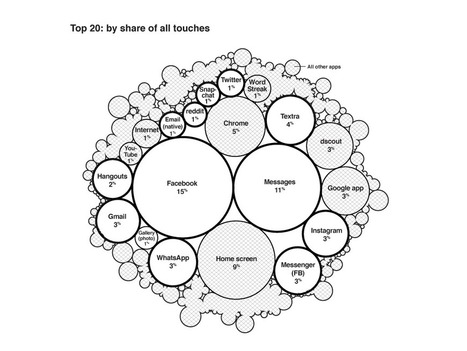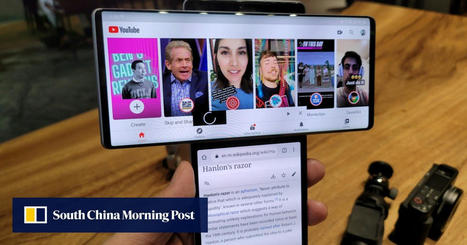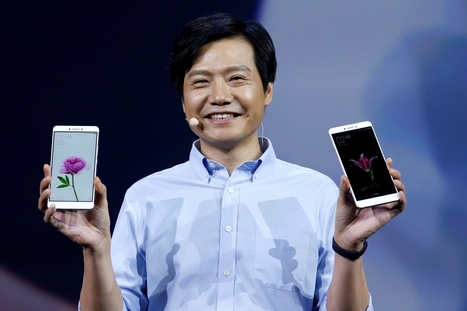LG Electronics appears to have decided to pull out of its money-losing smartphone business and entered into a transition process to relocate its mobile communications employees to other business units.
After suffering operating losses since 2015, LG attempted recently to sell its mobile communications unit, which oversees the smartphone business. The company has reportedly been in negotiations with various interested buyers, including Vietnam's Vingroup, but failed to reach an agreement with any of them.
LG Electronics has considered selling parts of its operations or pulling out of the smartphone business altogether. But it decided recently to pull out of the smartphone business altogether.
"LG has considered various options such as a sale, split sales or pulling out of the smartphone business, but decided recently to pull out of the business," according to industry sources, Thursday, adding that the company will make an official announcement at its board meeting on April 5.
When asked to address such prospects, an LG Electronics official said, "There's nothing to comment on."
"All we can say is that every possibility is open. Although we cannot confirm that right now, we will announce the specific direction of our mobile communications business," the official said.
The possibility of LG pulling out of the smartphone business surfaced in January when LG Electronics CEO Kwon Bong-seok acknowledged that the company was reviewing the direction of its mobile communications business with all possibilities open.
Industry watchers expected an official comment from the company at its shareholders' meeting on March 24, but its Chief Financial Officer Bae Doo-yong only reiterated the company's aforementioned position that "all possibilities remain open."
While the company has struggled with the smartphone business, LG's stock value has been reevaluated with soaring demand for its cutting-edge home appliances and TVs, as consumers have spent an increasing amount of time at home due to the COVID-19 pandemic.
Furthermore, LG has been expanding its presence gradually in emerging sectors such as electric vehicles (EVs) and vehicle components. Last December, the company announced the establishment of a joint venture with automotive parts maker Magna International to manufacture electric motors, inverters and onboard chargers used in EVs.
Magna had been involved in Apple's EV-manufacturing business under Project Titan. The announcement drove LG Electronics shares to their 30 percent daily limit on the day the news broke as investors hoped the joint venture could potentially join Apple's EV business. The iPhone maker announced recently that it plans to roll out its first EVs in 2024 or later.
Although LG has not made any comments regarding the joint venture's participation in the manufacture of Apple's EVs, Magna International CEO Swamy Kotagiri said at a recent automotive association event that the company is ready to produce vehicles for Apple or any other carmaker. The CEO added that Magna is willing to expand its manufacturing plant if necessary to manufacture Apple-designed cars.

|
Scooped by Philippe J DEWOST |
No comment yet.
Sign up to comment



 Your new post is loading...
Your new post is loading...










Life is (no longer) Good ...